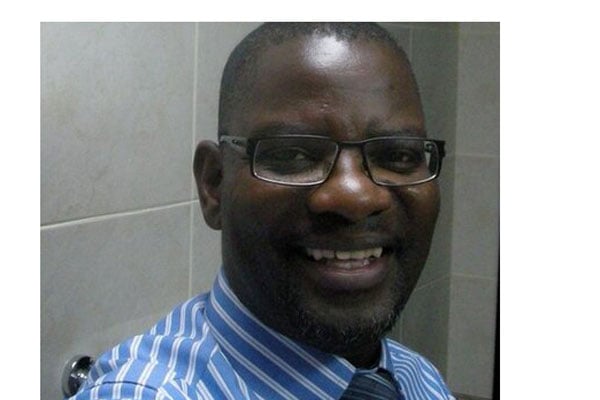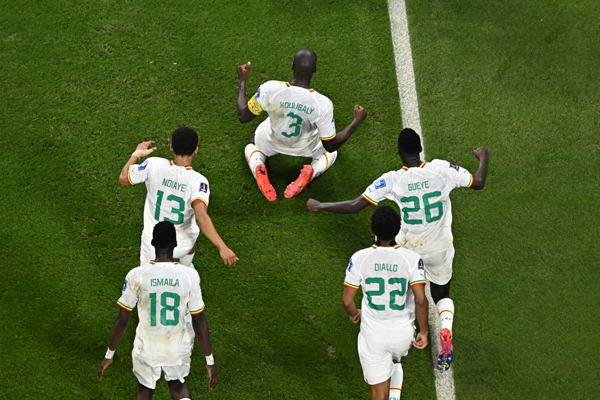Prime
World Cup: Qatar’s deep pockets and how the West runs the world

Author: Musaazi Namiti. PHOTO/FILE
It is hard to think of anything that would enable Qatar to host the Fifa World Cup 2022 other than money. Qatar is a deeply religious country and takes God extremely seriously, but even if it were to pray 20 times a day (for 100 years) — as opposed to the normal five — its chances of hosting the tournament would remain as slim as those of, say, Burundi or Uganda.
Money may be the root cause of many problems, but it is always going to be the be-all and end-all of our lives. There are no two ways about it. There is no country that is powerful because it is poor. There is no man or woman that is respected and admired because they are poor. And I should add that there is no country that can be selected to host the World Cup, the greatest sporting event, because it is poor.
Qatar, relying on revenue from its natural resources — oil and gas — has poured an insanely large sum in the tournament, with some saying it is hard to justify the expenditure. Estimates put the amount spent at $200b (Shs744 trillion). The beauty of spending your own money is that you do not need lectures on how it should be spent and how much you should spend.
By any standard you care to choose, $200b is an awful lot of money, considering that some of the things — think football stadia — upon which billions of dollars have been spent will not even be used again. To put this expenditure into perspective, consider the following: The economies of Kenya, Tanzania and Uganda combined cannot give you $200b. Debt-ridden Uganda has been frantically looking for just $517.6m (Shs1.9 trillion) and is looking for lenders. The billions spent on the World Cup can transform Kampala and make it look like the modern city it is struggling to become.
Having said that, Qatar has money and manpower from the West — defined as EU, Australia, New Zealand, North America — to thank for being what it is and for being able to organise the World Cup successfully.
From the Supreme Committee for Delivery and Legacy, the body that has been organising the event since 2014, to the technology Qatar is relying on to make things happen, the West has performed an instrumental role. There would be no World Cup to talk of if you expelled all Western expatriates living in Doha, Qatar’s capital, or if Qatar severed relations with the West.
Qatar, like its neighbour Saudi Arabia and other nations of the Gulf Cooperation Council (GCC), employs a large number of Western expatriates because they have technical skills you would struggle to find in low-income, developing nations. The metro, for example, which has streamlined public transport in and around Doha has been built by a German firm.
The grass on all eight football grounds where matches are being played was imported in climate-controlled aircraft manufactured not by Qataris (the people of Qatar) but by Western nations. Atlas Turf International, the company that grows Platinum PE Paspalum, the high-quality grass used on Qatar’s football pitches, is a Western outfit. What is more, the coach of Qatar’s national football team is from Spain.
The West may have China to contend with in the years to come, but it remains a formidable entity. It literally runs the world. The best way to understand how the West runs the world is to imagine the world without the West’s achievements. You would not have the World Cup, no Covid-19 vaccines. There would be no aircraft to fly.
Mr Namiti is a journalist and former Al Jazeera digital editor in charge of the Africa desk
[email protected] @kazbuk




